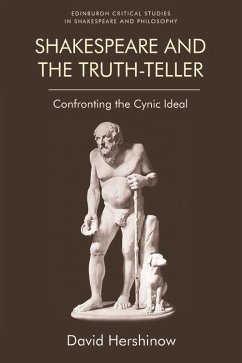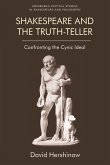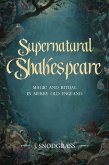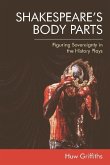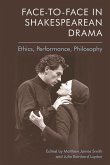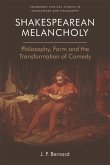Examines the early modern reception of classical Cynicism and the rise of literary realismPromotes a new understanding of the intersection between literary character and ethical character, especially with respect to literature's role in facilitating belief in the revolutionary potential of individual critical agencyDeploys the reception history of Diogenes the Cynic as a methodological point of contact between historicist and presentist approaches to ShakespeareDraws new interdisciplinary connections between Shakespeare studies, literary theory, critical theory, and political philosophyIncludes novel readings of King Lear, Hamlet, and Timon of Athens as well as other early modern texts and a number of major works of modern philosophy and political theoryHighlighting the necessity of literary thinking to political philosophy, this book explores Shakespeare's responses to sixteenth-century debates over the revolutionary potential of Cynic critical activity - debates that persist in later centuries and inform major developments in Western intellectual history. Analysing cynic characterisations of Lear's Fool, Hamlet and Timon of Athens, Hershinow presents new ways of thinking about modernity's engagement with classical models and literature's engagement with politics.
Dieser Download kann aus rechtlichen Gründen nur mit Rechnungsadresse in A, B, BG, CY, CZ, D, DK, EW, E, FIN, F, GR, HR, H, IRL, I, LT, L, LR, M, NL, PL, P, R, S, SLO, SK ausgeliefert werden.

